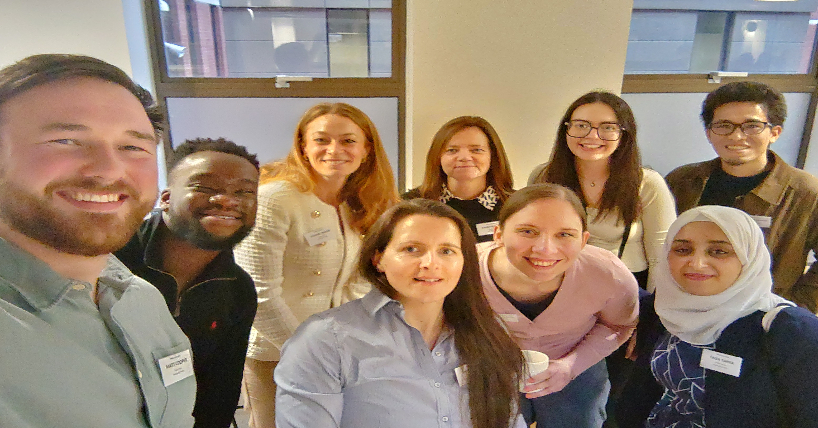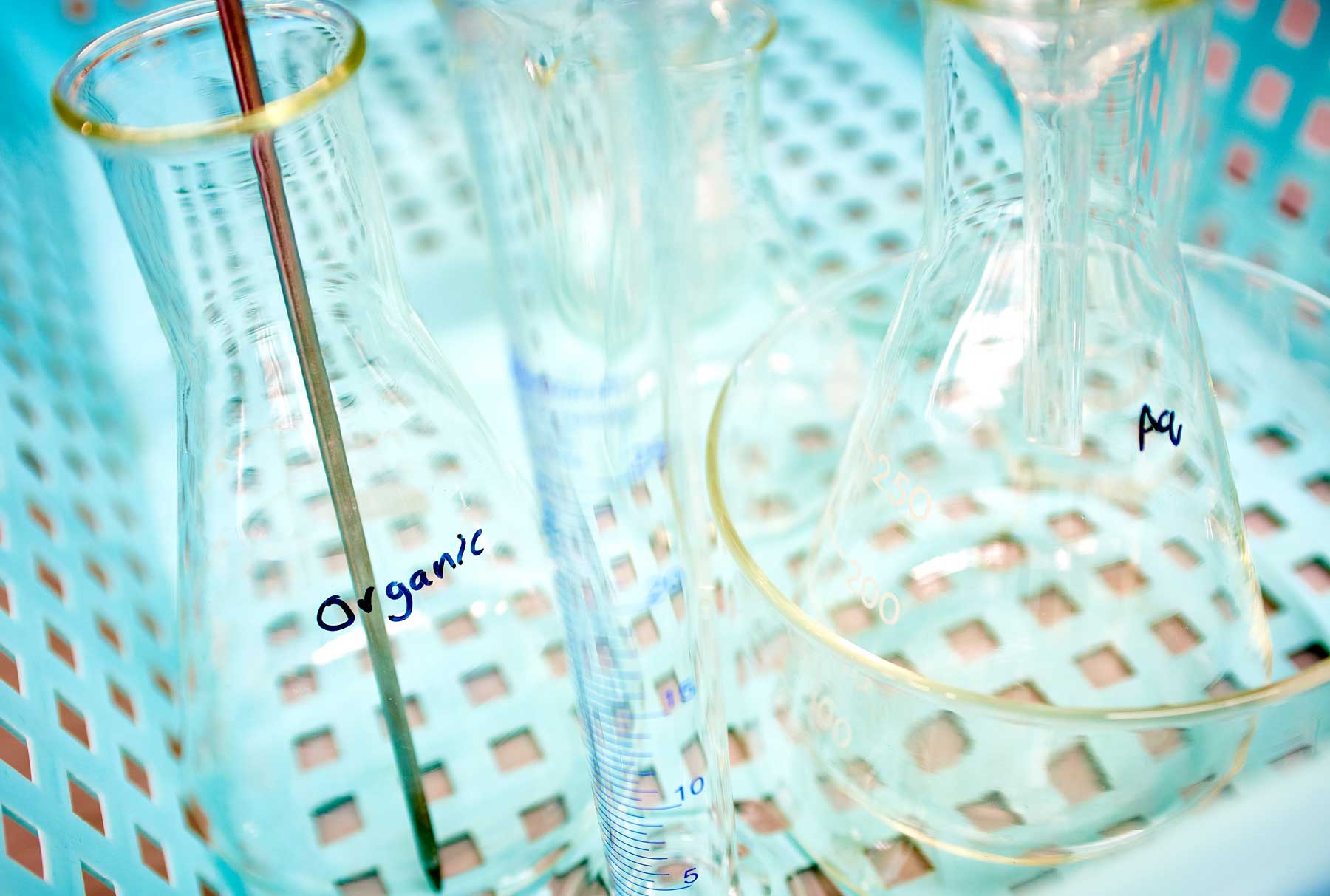Never under-estimate the power of Networking during (or after) your PhD, by Faiza Yahya
19 March 2024

The PSRC PhD SafetyNet Networking Event was held on the 4th March 2024 in Leeds, bringing together students and supervisors from across the 6 PSRCs in England. It was a fabulous day with an opportunity to learn from one another and grow collaborations in a supportive, nourishing environment.
Before the event, I was excited to meet fellow PhD students and learn more about the work that other PSRCs are doing. However, like other new PhD students that I had spoken to, I didn’t really know what to expect or what I would gain from the event. Quite adventurously, after discussion with my supervisors, I decided to take the leap, and submit an abstract for a protocol that I had just written up for developing logic models on step-down virtual wards. Imposter syndrome kicks in, “I am only a few months into a PhD- what have I got to talk about?” On the other hand, I knew that delivering presentations and the thought of public speaking were my worst nightmare. That said, I also knew that I needed to fight my fears and start somewhere!
When the email came back saying my abstract was accepted – an inner shriek of excitement, surprise and panic kicked in! “Where do I start?” Amidst the feeling of anxiety and perceived inexperience, I procrastinated and delayed even thinking about the presentation. With some reassurance and moral encouragement from peers and supervisors, I knew that this was the ideal opportunity to share my plans for the PhD. The event was a supportive environment of like-minded people, many of whom were likely to be on, or had been through, the same journey making this a perfect forum for feedback, sharing knowledge and developing key skills. It was great knowing that many other students were presenting their work (or planned work) at the event via a poster or oral presentation.
Everyone is at a different stage of their journey, but it was great to see how people support each other and in research this should not be under-estimated. Personally, listening to more advanced PhD students gave me the inspiration to see the future and that ‘I can do this!’. Similarly, talking to newer PhD students gave me the confidence to see how far I had come in my experience to date and that in fact, I may have some bits of wisdom to share which may help others.
Great Opportunities
In my opinion, I found that the PhD SafetyNet event opened the door to shared learning practices, a community of peer support in patient safety research and great opportunities, such as:
- Networking
- Learn Together Discussions
Prior to starting my PhD, I was jokingly dubbed by my fellow research interns as ‘the networking queen’, however I never truly thought about why networking was so important. Reflecting on my journey so far, I would not have started my PhD without networking and speaking to people who were happy to share their experiences. I have come to realise that often these little informal chats and introductions can lead to great connections, bringing wisdom and expertise further down the line.
Whilst some experts suggest that networking is a start to building connections for your long-term career1, it is vitally important to recognise that networking is a mutual ground for positive exchange of knowledge and support. Conferences and events such as these are vital in enabling trainees to develop and apply competency in key skills such as presentations, communication, dissemination of their work and equally networking.2 We are fortunate within the NIHR PSRCs to have these networks of peer support and building communities of practice together in patient safety. The saying goes ‘it is a small world’ but on reflection, in the research world you can’t really work in isolation. It is often the work of great teams and collaborations that is needed to make an impact.
These discussion workshops were valuable and allowed people to connect and share experiences. I found the ones I attended useful, and I chose the sessions that were relevant to me. In particular, I was keen to attend the session on ‘Navigating the first 6 months of your PhD’ as it was unlikely that I would get this experience elsewhere, other than rich discussions with the people who have just experienced it or experiencing it currently. This was potentially the start of building great academic networks, peer support and collaborations in patient safety moving forward. I learnt helpful tips from the other students, namely technical tips and basic key skills that are essential. For example, some discussions revolved around how to organise your literature, how to make notes, and several types of software that may be useful. Other workshops explored various aspects of research such as the importance of Patient and Public Involvement and Engagement (PPIE), Equality, Diversity and Inclusion (EDI), co-design in research, writing effectively and Impact and Dissemination.
In summary, events like the PhD SafetyNet Event provide a fantastic opportunity for PhD students and their supervisors to share work, learn from each other or establish connections. I look forward to attending more of these events throughout my PhD and beyond.
Acknowledgements and thanks go to the Yorkshire and Humber PSRC for hosting the event this year.
References
- Pickman, A., & Chauveron, L. Networking: How to market yourself and your PhD. In J. B. Urban & M. R. Linver (Eds.), Building a career outside academia: A guide for doctoral students in the behavioral and social sciences. pp. 151–160. American Psychological Association; 2019. https://doi.org/10.1037/0000110-014
- Subramanian S. The importance of conferences and networking in PhD and postdoctoral training. Current Protocols Essential Laboratory Techniques. 2020 Dec;21(1):e44
